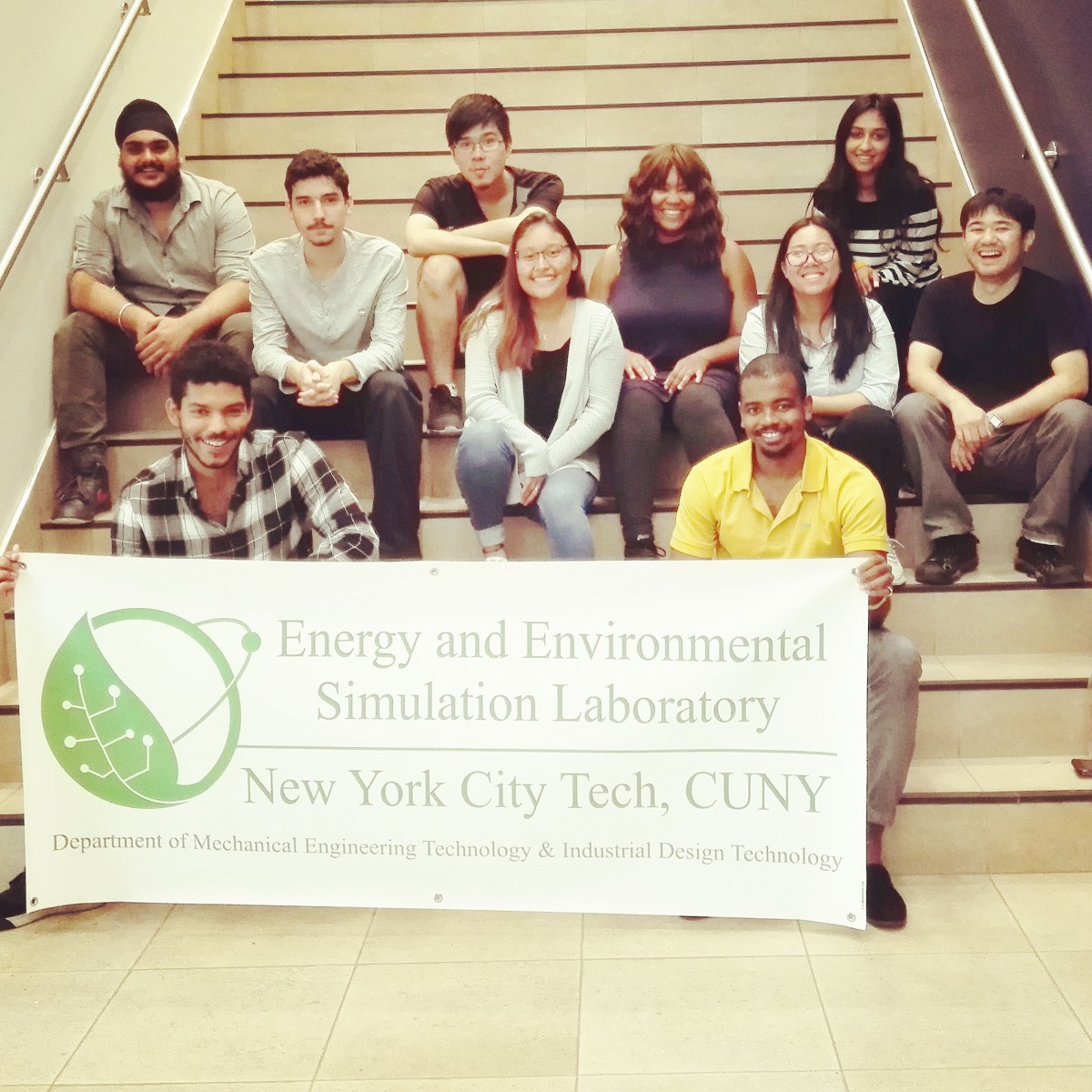 This month we’re profiling Professor Masato Nakamura, an Assistant Professor and BTech Coordinator in the departments of Mechanical Engineering Technology and Industrial Design Technology. Professor Nakamura joined the City Tech community in August 2011.
This month we’re profiling Professor Masato Nakamura, an Assistant Professor and BTech Coordinator in the departments of Mechanical Engineering Technology and Industrial Design Technology. Professor Nakamura joined the City Tech community in August 2011.
How were you introduced the platform and when/how did you begin actively using the platform to support your pedagogy?
When I started teaching courses in the programs of Mechanical Engineering Technology and Industrial Design Technology in Fall 2011, I was looking for a platform that had an interactive online communication capability, as well as a simple process for uploading information, such as posting announcements, exercises, and homework assignments. Especially, I was looking for a platform that was publicly available, but there wasn’t much between twitter and a website.
OpenLab is very “open“ for any students who want access to the course information using computers at home, smart phones during their commute from home to campus, and their internship site, as well as during lectures in a classroom. Since almost all students in MECH and IND programs are involved in computer lab projects, OpenLab was a good fit.
Why did you decide to start using the OpenLab?
The OpenLab is a web-based platform that offers students easy access to info from computers, smartphones or any other tablet without any access restrictions. Also as an educator, it allows me to seamlessly share contents that I wrote on a whiteboard into a course page on the OpenLab. Unlike other Learning Management Systems (LMS) such as Blackboard LMS, the Openlab is user friendly, even for new students who don’t have a login account yet, which is important for class management as a lecturer.
Can you describe the ways you have integrated the OpenLab into your pedagogical practices?
Students love posting something to instagram, facebook, twitter, blogs, or other messaging systems to communicate with friends and family. In the beginning of the class, I usually post a small question such as “What’s new today?”, “How was the last homework?”, “Did you find any interesting engineering technology news/topics this week?” While taking attendance, I ask students to post their comments. This is a useful way of reminding them with a signal or action that we got together today, here in the classroom, to study mechanical engineering technology and the ways it connects to the industry and real world.
This complements lectures which usually include very narrow topics, and sometimes prompt students ask: “Why we study this topic?” and “How is it connected to the practical?” Through the OpenLab, I communicate this with students.
How has the OpenLab transformed or expanded your pedagogy, and the pedagogical values you’re able to realize in your courses and educational practice?
Teaching engineering technology, I see some students are struggling with an exercise, while others are not, especially when we use software and computers. Each student’s progress is so different. For example, some are almost done with a task, while some are still working on earlier steps.
Differences in learning speed cannot be handled using one or two whiteboard(s) or a handout. However, the OpenLab is a system through which I can easily update content (for example the procedure of an exercise) and add more explanation.
For pedagogical practices, this is a real-time interactive update in the classroom based on an observation of students’ real-time learning processes.
Aside from courses, how does the OpenLab support your pedagogical practices and ambitions? (Note: Think broadly about public education initiatives, course coordination, non-academic student support, clubs, and projects, etc.)
For research activities, students and I are conducting research on renewable energy and environmental simulation at MECH Department’s Energy and Environmental Simulation Laboratory. We are using the OpenLab for updating research progress and enhancing lab members’ communication.




